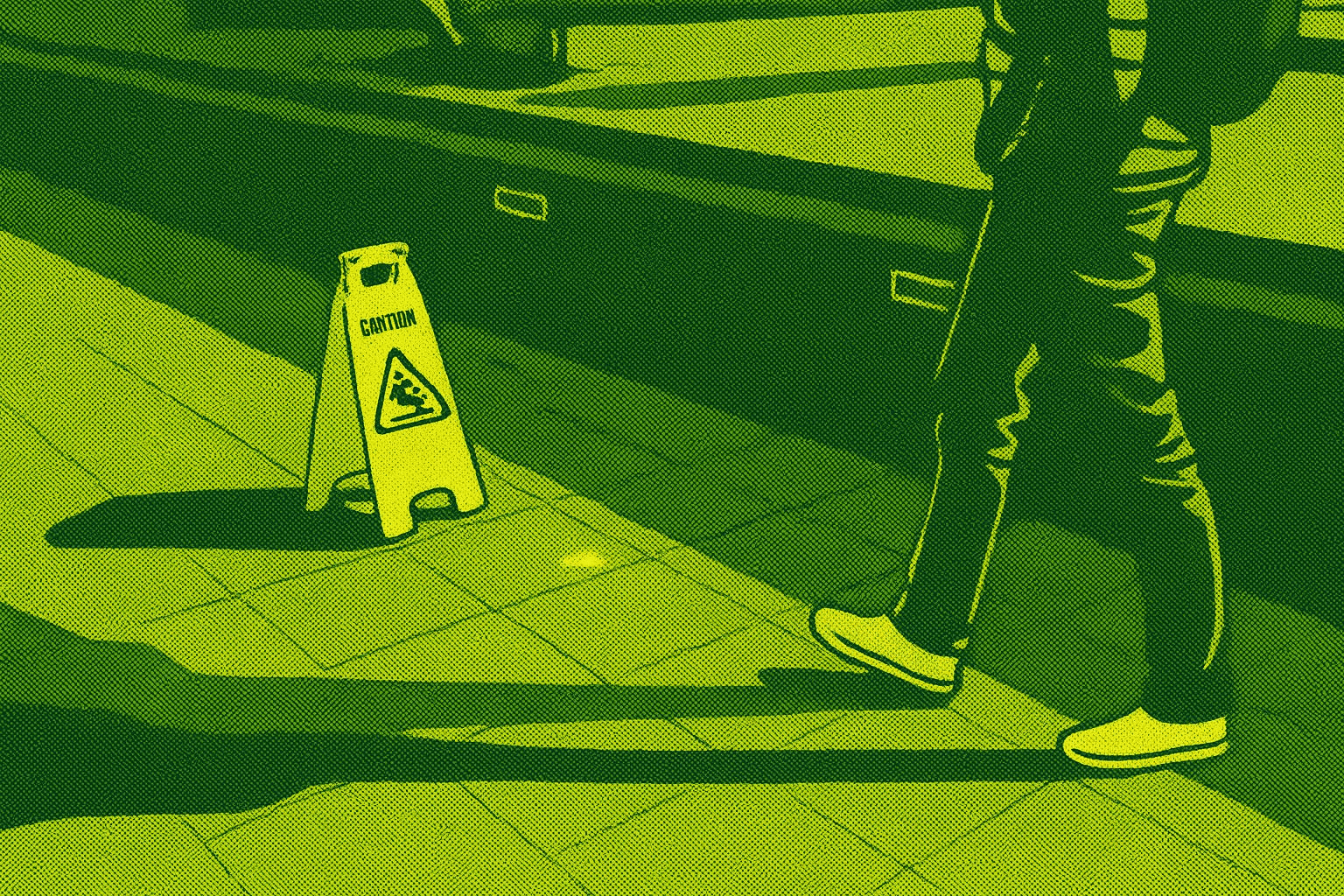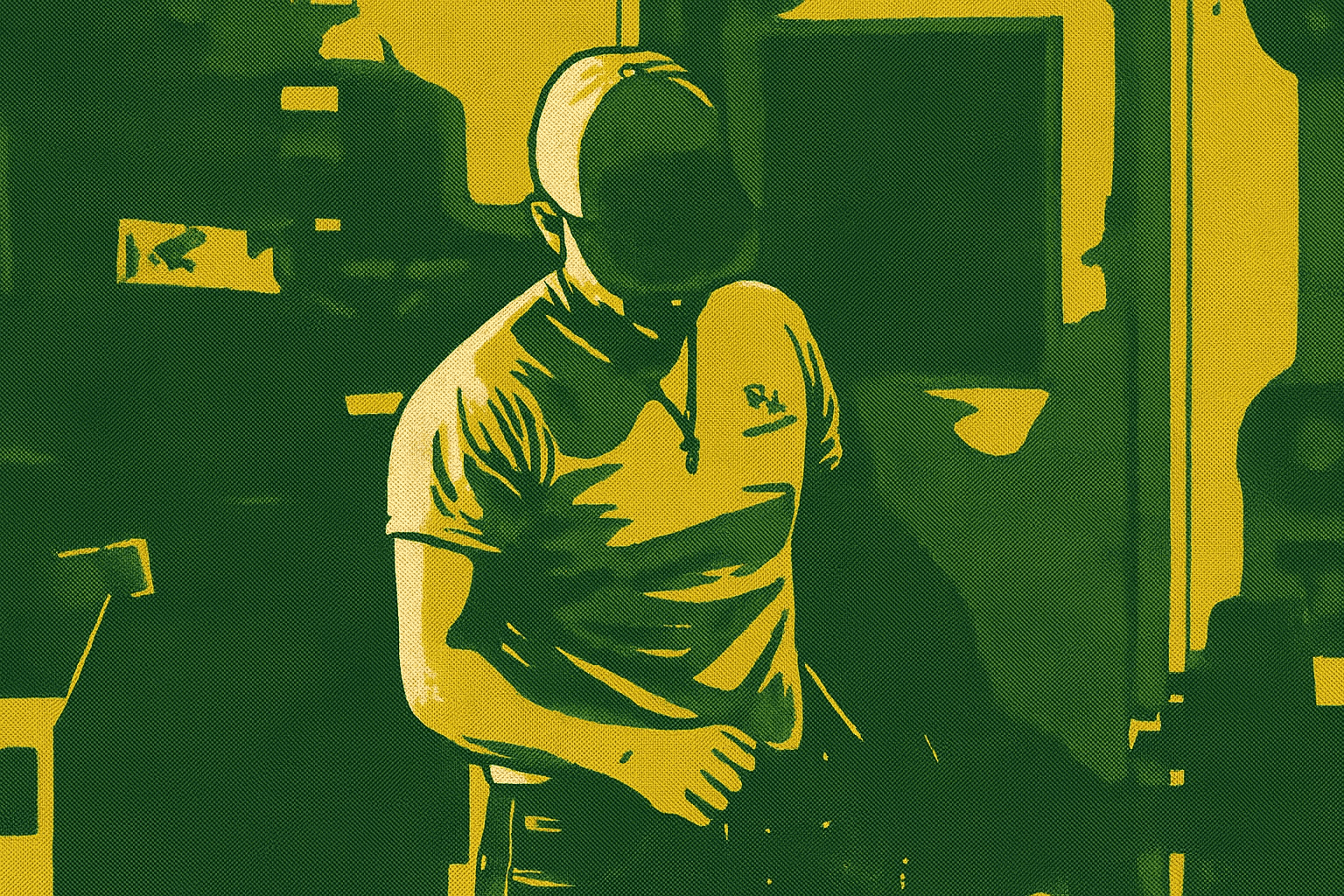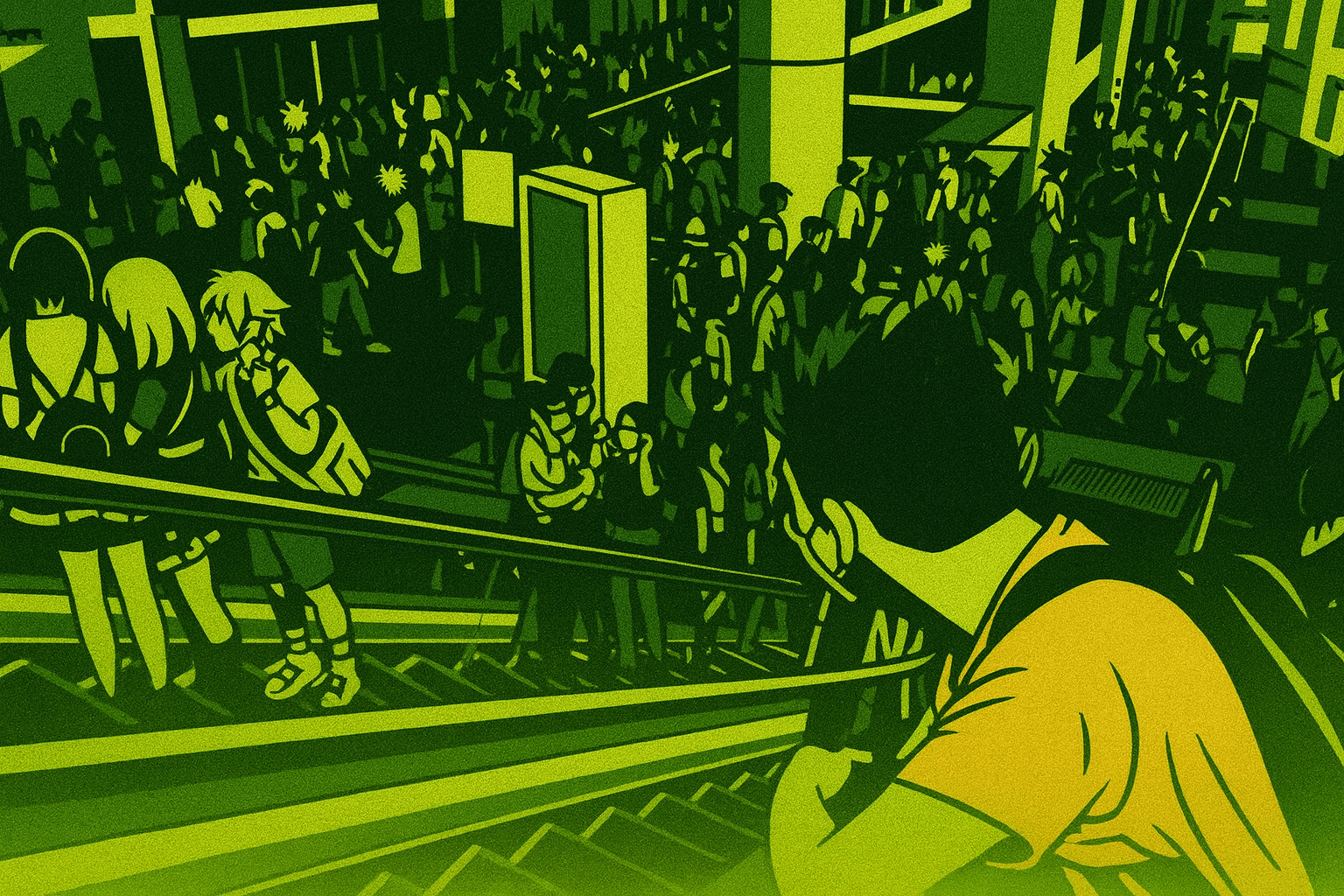What to Do First When You Lose Your Phone
It’s gone. Stolen from your bag. Left in a rideshare. Slipped out during a run. Doesn’t matter how. The snitch in your pocket is now a rogue agent. Here’s what to do now. First: Get Ruthless About What Was On It This isn’t about blaming yourself for not prepping. This is about damage control. Ask … Read more









